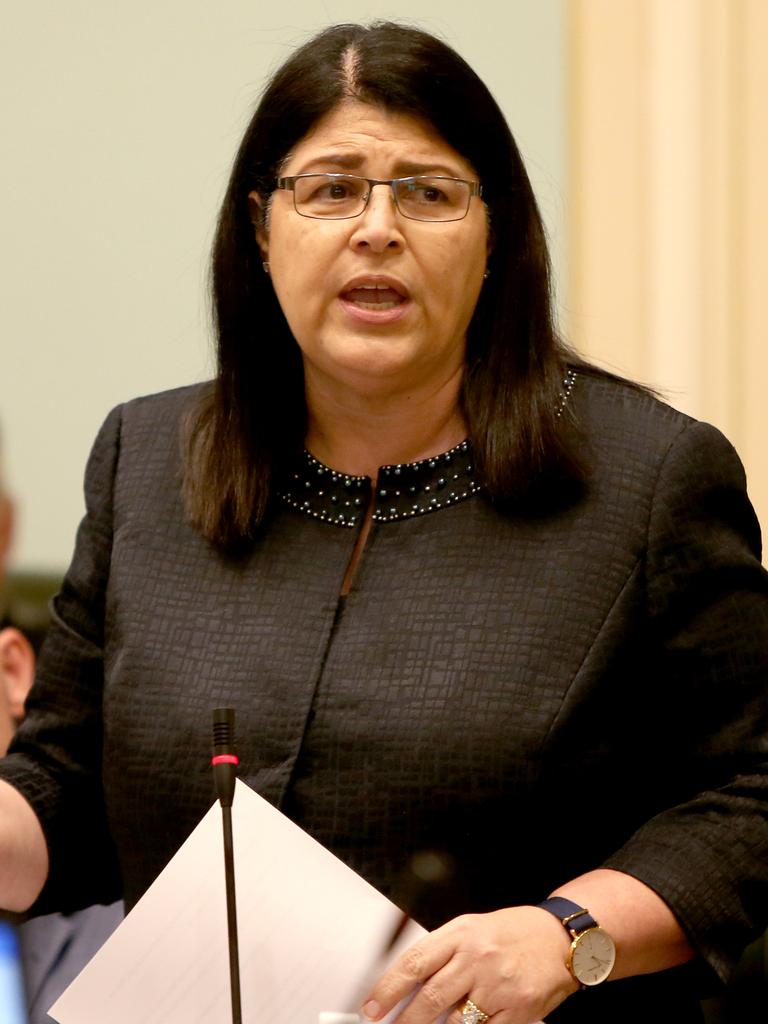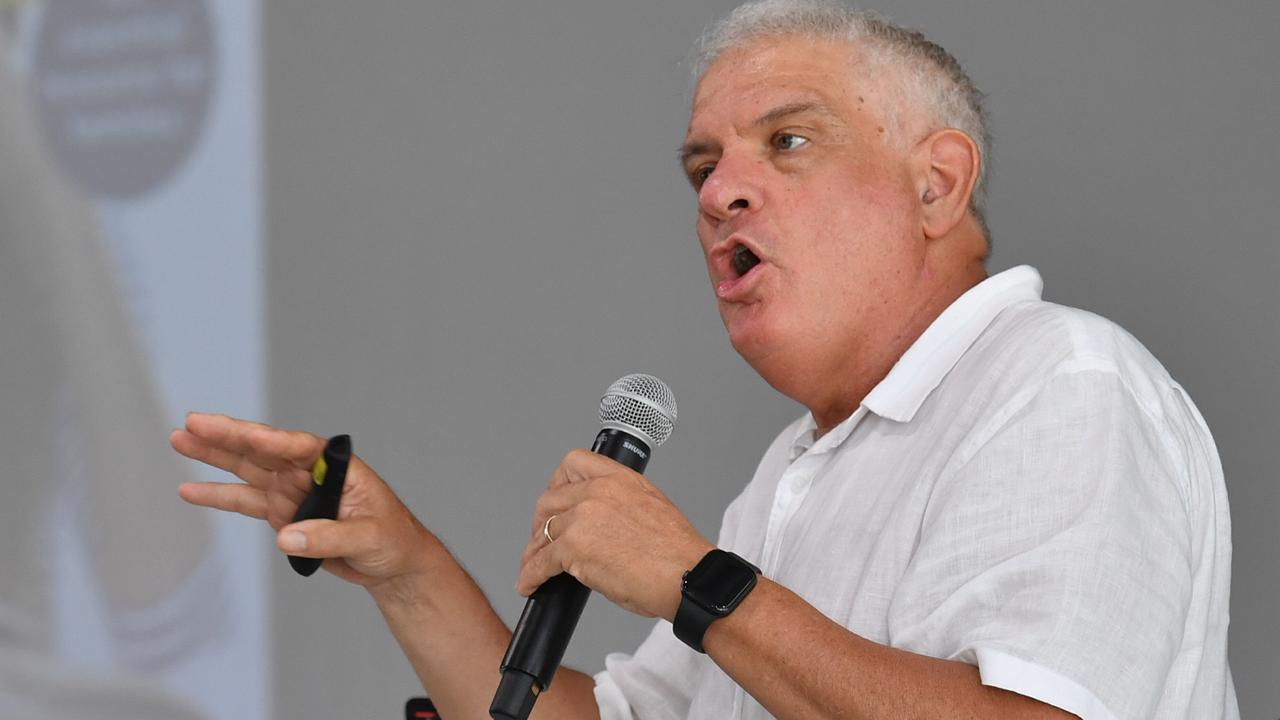Queensland could be only state to not ban mobile phones at school
A Queensland education expert and former principal says she has seen students trying to organise fights with one another using their mobiles, and believes phones “can take away from the quality of learning”.
Education
Don't miss out on the headlines from Education. Followed categories will be added to My News.
A leading psychologist has urged the state government to introduce a blanket mobile phone ban in public schools, saying leaving it in principals’ hands is a “cop-out”.
Queensland could emerge as the only state to not impose a blanket ban in public schools after the NSW government announced it would introduce its own ban from October.
New NSW Premier Chris Minns carried out an election promise and said it was “time to clear our classrooms of unnecessary distractions”.
Experts said mobile phones in classrooms were a major distraction for students who were there to learn and that it could spark bullying or brawls in schools.
Education Minister Grace Grace said there was no plan to introduce a blanket ban and argued it would create problems rather than solving them.
Ms Grace said the Queensland Anti Cyber-bullying Taskforce, which was established in 2018, did not recommend any bans on mobile phones in schools.

“At this point in time, we will stick by the recommendations of the taskforce,” Ms Grace said.
“We fully support school principals if they decide that’s what they want to do.”
Phones are already banned at primary schools in NSW, while South Australia, Tasmania, Victoria and Western Australia already have phone bans at secondary schools.
Respected child psychologist Dr Michael Carr-Gregg said the decision to leave bans up to principals was a “cop-out”.
Dr Carr-Gregg has been a staunch critic of Queensland’s reluctance to implement a blanket phone ban and urged the minister to reconsider.
“Parents and staff are looking for educational leadership on this issue,” Dr Carr-Gregg said.
“Most civilised countries have recognised that classrooms are no place for mobile phones, unless directed by a teacher.”

Dr Carr-Gregg claimed schools that had implemented their own bans had been “entirely positive”.
“There has been a reduction in distraction and an increase in socialisation in all schools that have properly implemented this policy,” he said.
University of Southern Queensland education expert Dr Tania Leach said distraction and bullying aspects were a major reason why schools opted to implement mobile phone bans.
Dr Leach, a former principal, argued that a ban would potentially give children a break from screens and foster face-to-face conversation.
“Schools are about learning and phones can take away from the quality of learning,” Dr Leach said.
“Distraction is a big reason on why schools try to limit access.
“Bullying is another. I have seen examples where students try and organise fights with one another.”

On the flip side, Dr Leach acknowledged it was a complex debate.
“Mobile phones are a part of everyday life – if we ban it, it almost makes it more enticing,” she said.
Ms Grace said schools had the power to introduce bans if the principal felt it was the best way forward.
“They implement it,” she said.
“Normally it’s done with the school community, so everyone knows the rules and it’s often done co-operatively.
“But we don’t need to complicate it.
“It’s more about management and how you teach mobile phone use properly.”






